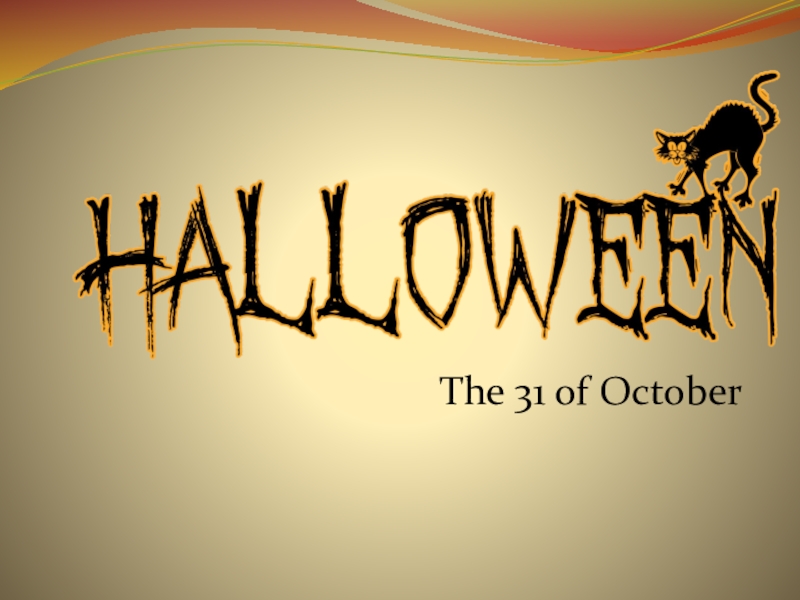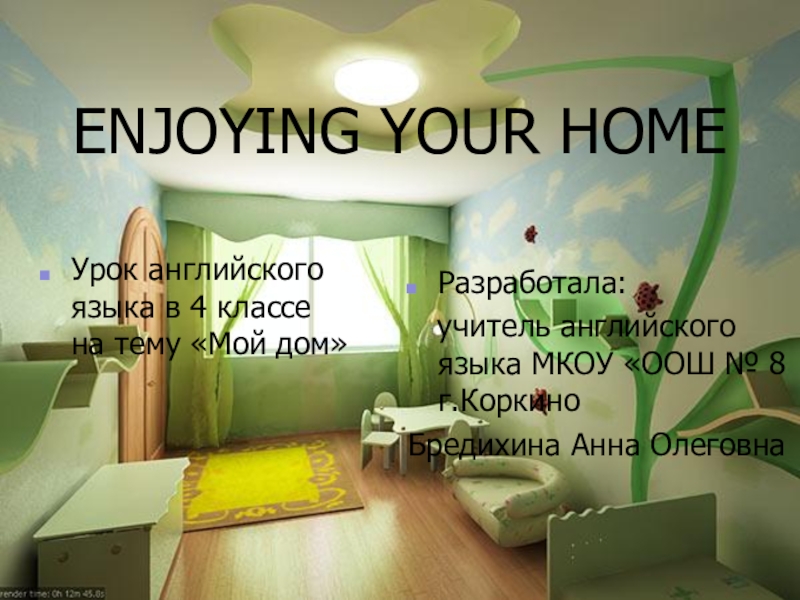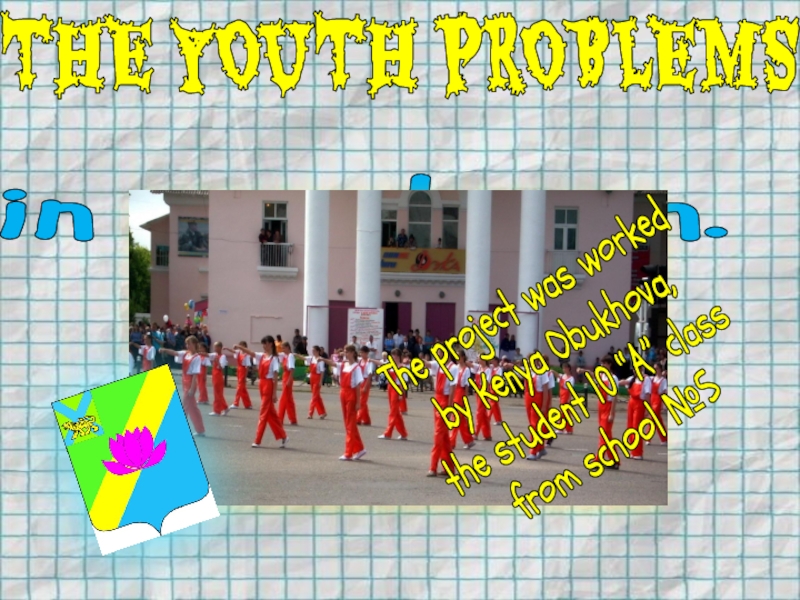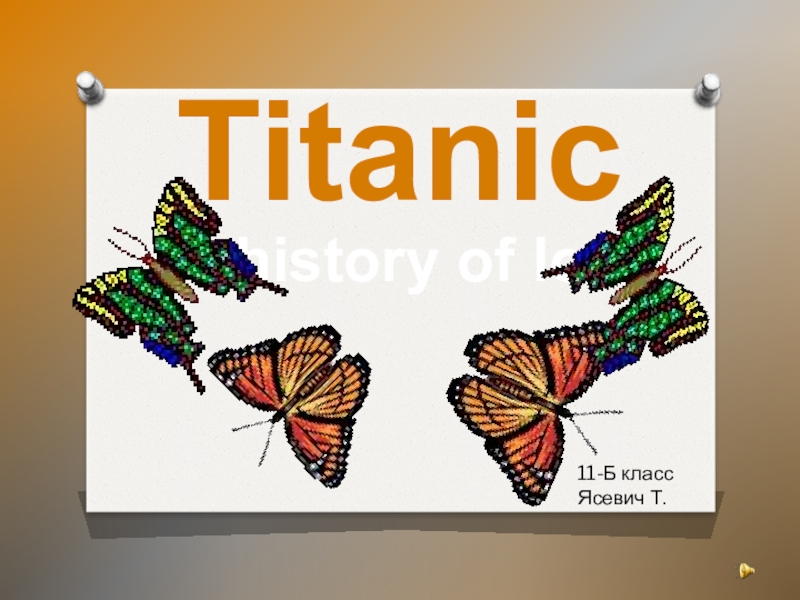- Главная
- Разное
- Образование
- Спорт
- Естествознание
- Природоведение
- Религиоведение
- Французский язык
- Черчение
- Английский язык
- Астрономия
- Алгебра
- Биология
- География
- Геометрия
- Детские презентации
- Информатика
- История
- Литература
- Математика
- Музыка
- МХК
- Немецкий язык
- ОБЖ
- Обществознание
- Окружающий мир
- Педагогика
- Русский язык
- Технология
- Физика
- Философия
- Химия
- Шаблоны, фоны, картинки для презентаций
- Экология
- Экономика
Презентация, доклад по английскому языку на тему Senatskaya Square ( 8 класс )
Содержание
- 1. Презентация по английскому языку на тему Senatskaya Square ( 8 класс )
- 2. The ensemble of Senatskaya SquareThe unique ensemble
- 3. The beginning…Senatskaya Square emerged in 1704
- 4. The Isaac "floating bridge"From 1727, Senatskaya Square
- 5. The buildings of the Senate and SynodThe
- 6. The creation of Carlo RossiThe Sacred Synod
- 7. Faith and LawThe arch was crowned with
- 8. The western wing of AdmiraltyOn the other
- 9. The monument to Peter IIn the centre
- 10. A Thunder-stoneThe rumour about the search for
- 11. How a thunder-stone was deliveredIt was difficult
- 12. A specially constructed bargeThen a specially constructed
- 13. How Peter I was depictedThe pedestal looks
- 14. The Catherine’s inscriptionsOn the both sides of
- 15. Senate Square- Decembrists’ SquareIn 1925 Senate Square
- 16. The fate of DecembristsThey wanted to do
- 17. Senate square againThe ideas of the Decembrists
The ensemble of Senatskaya SquareThe unique ensemble of Senatskaya Square comprises a panoramic view of the Bolshaya Neva, the Alexander Garden, the magnificent buildings of the Senate and Synod, St. Isaac's Cathedral, and the Admiralty. The
Слайд 2The ensemble of Senatskaya Square
The unique ensemble of Senatskaya Square comprises
a panoramic view of the Bolshaya Neva, the Alexander Garden, the magnificent buildings of the Senate and Synod, St. Isaac's Cathedral, and the Admiralty. The compositional center and main ornament of the square is the Bronze Horseman.
Слайд 3 The beginning…
Senatskaya Square emerged in 1704 as one of the
first squares in St. Petersburg. In 1710, the first wooden St. Isaac's Church was erected on the shores of the Neva. Later, the church was moved to the marshy location where the current St. Isaac's Cathedral stands.
Слайд 4The Isaac "floating bridge"
From 1727, Senatskaya Square became a busy area
thanks to the Isaac "floating bridge", formed every summer from ferries and barges, and replaced in winter by a wooden walkway across the ice.
Слайд 5The buildings of the Senate and Synod
The architectural ensemble of the
Senat square is also remarkable now for the buildings of the former Senate and Synod. The governing Senate was established by Peter I in 1711 and it had to rule the state while the tsar was away. The Senate was then converted into higher judicial instance.
Слайд 6The creation of Carlo Rossi
The Sacred Synod was founded in 1721
and by this act Peter 1 put the activity of the church under the state control.
The buildings of the Synod and Senate were rebuilt by the architect Carlo Rossi in 1834. They were connected by the arch across Galernaya Street.
The buildings of the Synod and Senate were rebuilt by the architect Carlo Rossi in 1834. They were connected by the arch across Galernaya Street.
Слайд 7Faith and Law
The arch was crowned with a sculpture group, symbolizing
Faith and Law. The arch was created by the sculptors Pimenov and Demut-Malinovskiy.
The building is now split between the Constitutional Court of the Russian Federation and the Boris Yeltsin Presidential Library.
The building is now split between the Constitutional Court of the Russian Federation and the Boris Yeltsin Presidential Library.
Слайд 8The western wing of Admiralty
On the other side of the square
stands the western wing of the Admiralty that was originally formed by Peter I as a shipyard. This building was completed by the architect Andreyan Zakharov in 1822.
Слайд 9The monument to Peter I
In the centre of the square there
is a monument to Peter 1, The Bronze Horseman. The author of the monument is the great French sculptor Etienne Falconet. His pupil Marie Collot created the head of the rider. The monument was erected due to the Empress Catherine II and her desire to have a monument that could glorify all the achievements of Peter the Great.
Слайд 10A Thunder-stone
The rumour about the search for the suitable stone for
the pedestal spread. A quick- witted peasant reported that there was a granite rock known as “Thunder-stone” not far from his village Lakhta.
The name “Thunder-stone” was given to the rock many years ago, when a thunderclap split the rock into several parts.
The name “Thunder-stone” was given to the rock many years ago, when a thunderclap split the rock into several parts.
Слайд 11How a thunder-stone was delivered
It was difficult to deliver the 1,600-ton
monolith to St. Petersburg. A peasant ( or a blacksmith ?) Vishnyakov found a brilliant solution. He proposed to raise the rock by levers. The rock was mounted on a platform of logs and rolled on copper balls along the rails to the shores of the Gulf of Finland.
Слайд 12A specially constructed barge
Then a specially constructed barge delivered it to
the square by the Senate.
It took about 2 years to transport the rock to the city.
It took about 2 years to transport the rock to the city.
Слайд 13How Peter I was depicted
The pedestal looks like a rising wave
and the Peter I is depicted by Falconet as a horseman riding a horse at a full gallop. A snake, symbol of treason, is trampled by the horse.
Слайд 14The Catherine’s inscriptions
On the both sides of the pedestal the inscriptions
in Russian and Latin are laid with bronze letters :
”To Peter the First – Catherine the Second. The year 1782”.
“Petro primo Catharina secunda MDCCLXXXII”
”To Peter the First – Catherine the Second. The year 1782”.
“Petro primo Catharina secunda MDCCLXXXII”
Слайд 15Senate Square- Decembrists’ Square
In 1925 Senate Square was renamed to Decembrists’
Square. It got its new name from the dramatic events that took place here on December 14, 1825
After the death of the Emperor Alexander I a group of aristocrats staged a revolt in an attempt to prevent the crowning if Nicolas I as a new Russian Emperor.
After the death of the Emperor Alexander I a group of aristocrats staged a revolt in an attempt to prevent the crowning if Nicolas I as a new Russian Emperor.
Слайд 16The fate of Decembrists
They wanted to do away with the monarchy
and serfdom. The revolt was suppressed. Some Decembrists ( Ryleyev, Kakhovskiy, Muravyov-Apostol, Bestuzhev-Rumin, Pestel ) were executed, the others- were sent to Siberia in exile and hard labor.
Слайд 17Senate square again
The ideas of the Decembrists were positive and people
remember them as heroes.
However in 2008 it was decided to return the square its original name Senatskaya Square.
However in 2008 it was decided to return the square its original name Senatskaya Square.






















